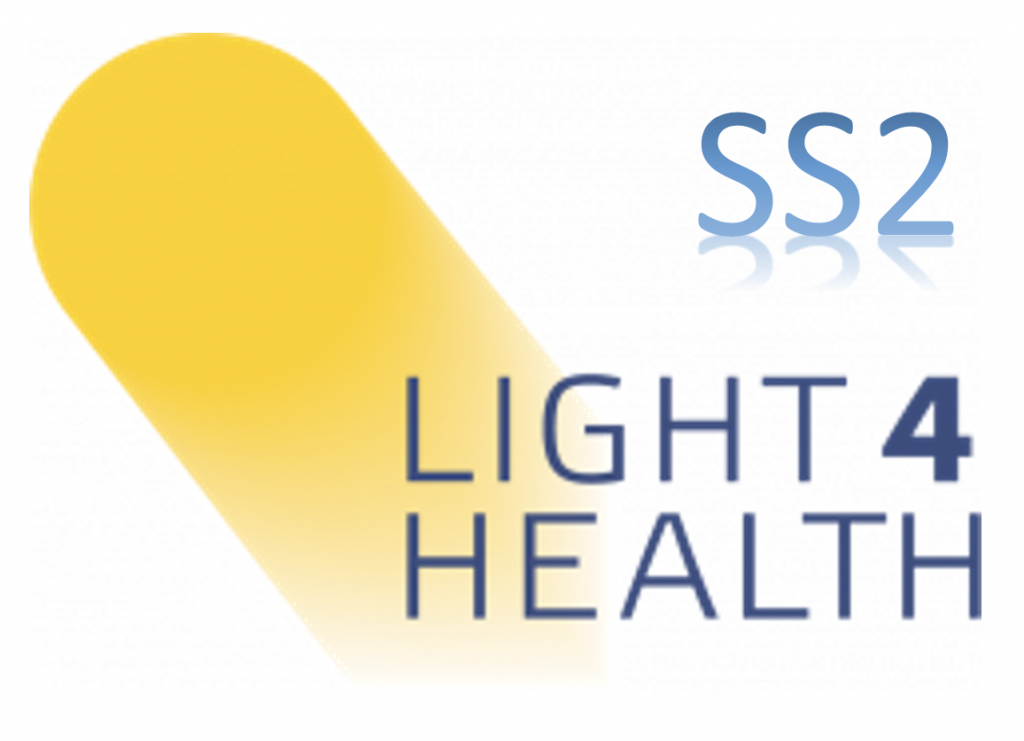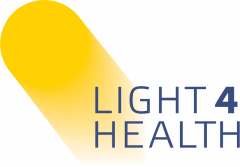PRESS RELEASE
6th January 2020
Light4health 2020: results of the second International Summer School
The second Summer School of the international project Light4health, held within the framework of the Erasmus+ Strategic Partnership grant program, has ended. This year, in connection with the coronavirus pandemic, classes were held in a new remote format for the project, hosted by Hochschule Wismar in Wismar (Germany).
The second summer school was organized and attended by representatives of international leading universities and European architectural schools in the field of lighting design. These are Aalborg University (Denmark), Hochschule Wismar (Germany) and KTH Royal Institute (Sweden), Thomas Jefferson University (USA), Creative Lighting Department ITMO University (Russia), and the University of Wolverhampton (UK).
The main subject of online school in 2020 was “Lighting for Working and Educational Environments”.
The work was conducted in interdisciplinary international groups (39 participants in total), which included students from each partner university. Within its framework, participants comprehensively evaluated the lighting of four spaces on their respective campuses. This involved the analysis of natural and artificial light, and study of the effect of lighting on the daily rhythms of the users. In the course of practical work, students identified and recorded in detail, all the characteristics of these rooms, so that the rest of the team who worked remotely, could accurately understand these spaces. The classes lasted five weeks and were divided into five modules. Each week was devoted to a specific topic that included a theoretical part (based on prerecorded lectures) and practical tasks, and concluded with a final presentation.
In module 1, the students were expected to measure/analyse visual qualities of daylight and artificial lighting using known lighting metrics. In module 2, they used the CIE toolbox to analyse SPD measurements and assessed the physiological impact of artificial lighting. In module 3, they evaluated lighting in given spaces via subjective impressions, and they used ALFA software simulation and tools from previous modules. Lastly, in module 4, students developed and tested a new lighting concept for improving users’ health, wellbeing and performance.
Four associated partners supported the L4H Project with tools and expertise: Seoul Semiconductor Europe GmbH; QLAB Laboratory of Light; Solemma and GL Optic. Seoul Semiconductor Europe GmbH provided Sunlike LED tuneable task lamps for the lighting measurements on-site, and QLAB Laboratory of Light performed professional spectral and flicker measurements for the Sunlike LED tunable task lights to be used in Dialux calculations. Lastly, Solemma provided a free yearlong ALFA license for all students and teachers, and GL Optic provided spectroradiometer and software to be used throughout the project.
Despite the fact that the online format of the second summer school was enforced due to the coronavirus pandemic, the tutors made the remote classes in groups as comfortable as possible for participants. Students were able to discuss current issues in the field of lighting design with world experts from different universities, without leaving their own home. They were also able to participate in Light4health on-the-job training at their universities. The project also allowed students to improve their communication skills. For this purpose, team members from different countries formed common chats for communication. There were many challenges based on this new format for the summer school. This included, for example, working remotely without meeting in person before, or choosing an appropriate time for discussion, due to the difference in time zones. In spite of these challenges, the final results produced by the students were assessed as extraordinary and the overall experience has been a great success.
The final third summer school within the framework of the international project Light4health will be held in the spring of 2021, hosted by the Aalborg University in Denmark (Copenhagen), also in an online format. It will focus on the impact of “Lighting for Healthcare Environments”, which is especially relevant in the context of a pandemic.

